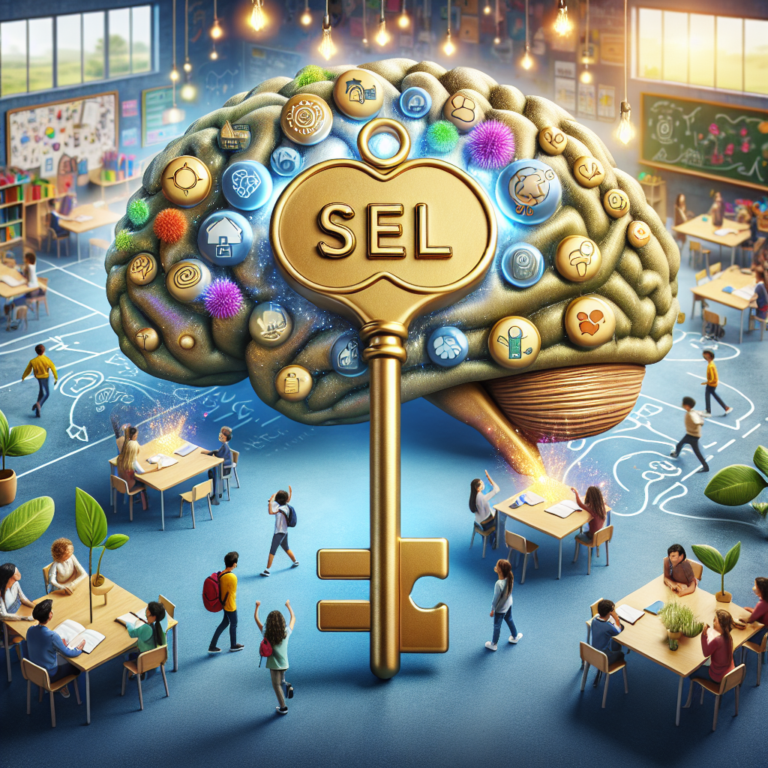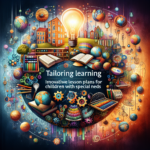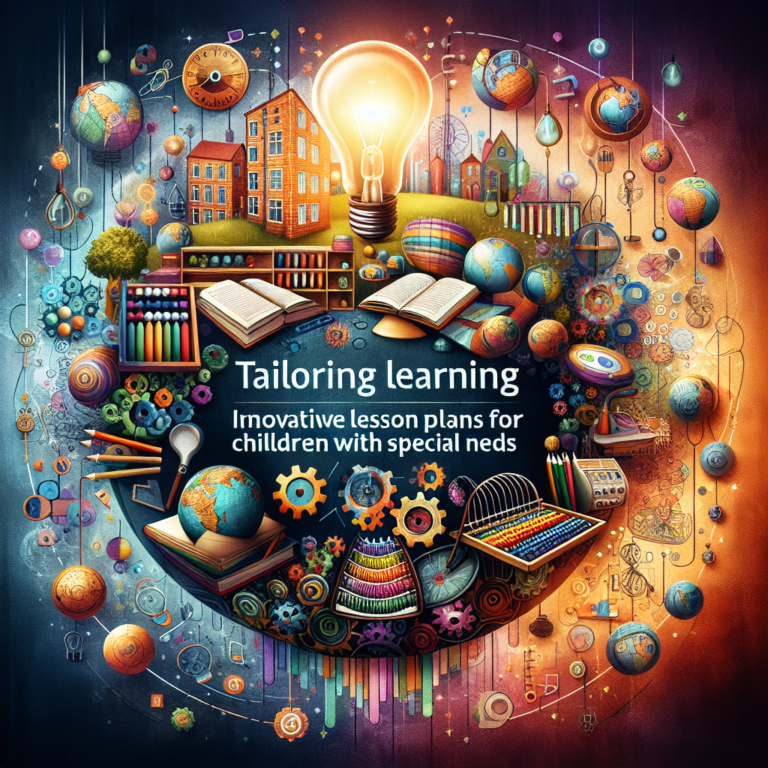
The Great Debate: Are Standardized Tests Truly Effective? The Ultimate Examination
Introduction
In an ever-evolving educational landscape, one question looms large: The Great Debate: Are Standardized Tests Truly Effective? This question has sparked passionate discussions among educators, parents, and policymakers alike. As schools increasingly rely on standardized tests to measure student learning and school performance, the implications of these assessments have become more significant than ever. Are they a necessary tool for accountability, or do they stifle creativity and true learning? Join us as we dive deep into this critical conversation, analyzing both sides of the argument while exploring real-world implications, case studies, and innovative approaches to assessment.
The Purpose of Standardized Tests
Standardized tests are designed to measure educational achievement and compare performance across different populations. They serve several key purposes:
Accountability: Schools and teachers are often evaluated based on student performance on these tests, holding them accountable for educational outcomes.
Benchmarking: They help identify achievement gaps across different demographics, aiming to ensure equity in education.
- Standardization: By providing a uniform assessment, they aim to ensure that all students are measured by the same criteria.
The Argument For Standardized Testing
Supporters of standardized tests argue that they bring a multitude of benefits to the educational system:
1. Objective Measurement
Standardized tests offer a quantifiable measure of student learning that can be compared across different schools and districts. This objectivity can help policymakers understand where resources are needed.
2. Data-Driven Decisions
With rich data from test scores, educators can make informed decisions about curriculum changes and targeted interventions, leading to improved educational outcomes.
Example Case Study: The Rise of Common Core
In the early 2010s, the United States adopted the Common Core State Standards to standardize educational expectations across states. States that implemented these standards reported improved metrics in student performance, demonstrating the potential effectiveness of standardized assessments.
Critiques of Standardized Testing
Despite their perceived benefits, many educators and experts criticize standardized tests for various reasons:
1. Narrowed Curriculum
Critics argue that the focus on test performance has led to "teaching to the test," where teachers narrow their curriculum to only what will be assessed. This limits creativity and critical thinking.
2. Stress and Anxiety
High-stakes testing can induce significant stress among students. The pressure to perform can lead to anxiety and fatigue, detracting from the overall educational experience.
Example Case Study: The SAT and College Admissions
The SAT, a widely used standardized test for college admissions, has faced criticism for causing stress among students. Numerous universities have recently adopted test-optional policies, recognizing that standardized test scores do not always reflect a student’s potential for success.
Table: Common Concerns About Standardized Testing
| Concern | Description |
|---|---|
| Teaching to the Test | Curriculum may focus too narrowly on test content. |
| Stress and Anxiety | High-stakes testing can affect student mental health. |
| Equity Issues | Socioeconomic factors can influence performance. |
| Cultural Bias | Tests may favor certain demographic groups. |
| Effect on Creativity | Standardized testing may discourage innovative thinking. |
The Quest for Alternatives
In response to the criticisms surrounding standardized testing, many educators and institutions are exploring innovative alternatives:
1. Portfolio Assessments
These allow students to showcase their work over time, providing a deeper insight into their skills and progress.
2. Performance-Based Assessments
By assessing students through creative projects, presentations, or real-world applications, educators can measure learning in ways that standardized tests often cannot.
Example Case Study: Project-Based Learning
Schools that have adopted project-based learning report increased engagement and understanding among students. This approach encourages teamwork and creativity while assessing students in a more holistic manner.
The Intersection of Technology and Assessment
With technology advancing at breakneck speed, the future of assessment may lie in digital innovations. Adaptive learning technologies can personalize testing, allowing assessments to cater to individual students’ needs.
Pros of Technological Assessments
- Personalization: Tests adapt based on student performance in real-time.
- Immediate Feedback: Students receive instant results, allowing them to understand areas for improvement.
Challenges of Technology in Testing
- Access: Not all students have equal access to the necessary technology.
- Integrity Concerns: Online testing can lead to issues with academic dishonesty.
Conclusion
As we sift through the complexities of The Great Debate: Are Standardized Tests Truly Effective?, it becomes clear that no single solution fits all. While standardized tests can provide valuable data and accountability, they also come with significant drawbacks that can hinder learning. Moving forward, a balanced approach that incorporates multiple forms of assessment—ultimately prioritizing the well-being and growth of students—may be the key to a more equitable and effective educational system.
FAQs
1. Are standardized tests the only measure of student success?
No, standardized tests are one way to measure student success, but they should be supplemented with other assessments like portfolios and performance-based evaluations to provide a more comprehensive view.
2. Do standardized tests favor certain demographics?
Yes, standardized tests can be influenced by socioeconomic factors and cultural biases, leading to disparities in performance.
3. How can parents support their children in preparing for standardized tests?
Parents can foster a supportive environment by encouraging a healthy study routine and helping children manage test anxiety through relaxation techniques.
4. What alternatives to standardized tests are gaining popularity?
Alternative assessments like portfolio evaluations, project-based learning, and performance assessments are gaining traction as they offer a more holistic view of a student’s abilities.
5. Will standardized testing ever be eliminated?
While it’s unlikely that standardized testing will be completely eliminated, its role in education is likely to evolve, with an increasing emphasis on diverse assessment methods.
In the realm of education, understanding The Great Debate: Are Standardized Tests Truly Effective? is essential for shaping the future of our schools and ensuring that all students have the opportunity to thrive. The time has come for educators, parents, and policymakers to engage in this conversation, driving innovative solutions that reflect the diverse needs of our students.















